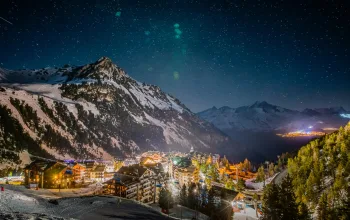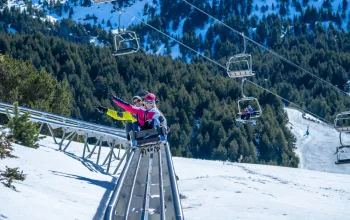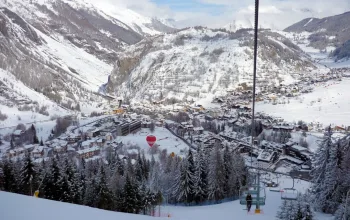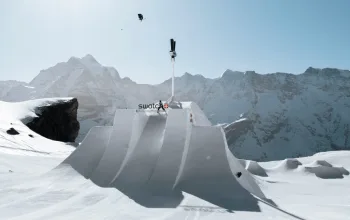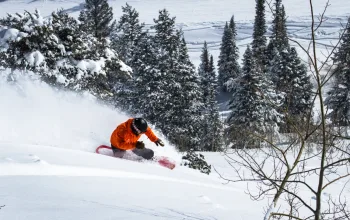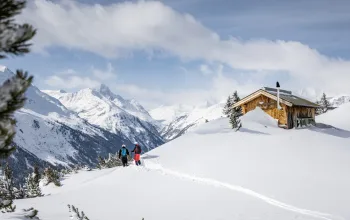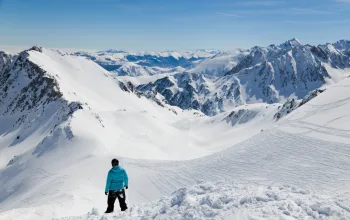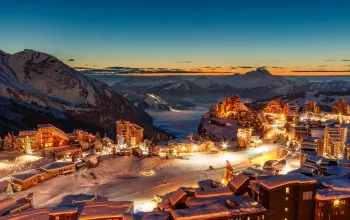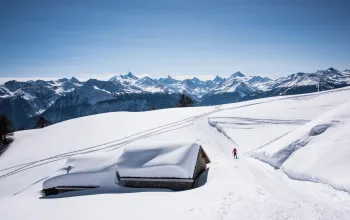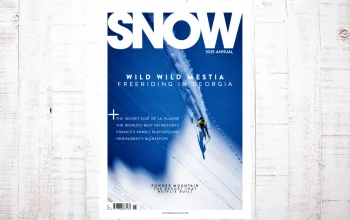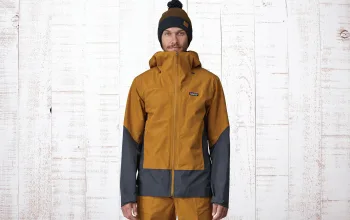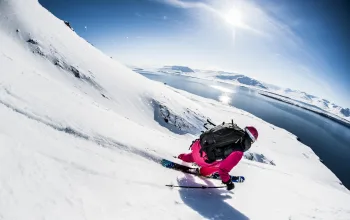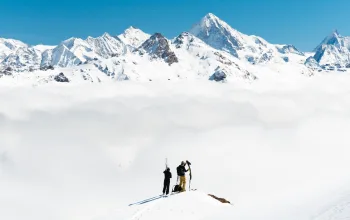Two major ‘state of the industry’ reports out this summer have highlighted the challenges facing both tour operators and the independents, with skier numbers falling below the million mark.
The very late Easter was singled out as a major culprit in the Crystal Ski Report. Crystal itself comfortably retained its position as market leader among tour operators, increasing its numbers to 161,000, well ahead of Inghams – down 10,000 to 90,000 – but the tour operators’ market share shrank overall by 3.1 per cent.
The Crystal report said that the late Easter – combined with poor end-of-season snow – persuaded many traditional Easter skiers to take a sunshine break instead, especially as the adjacent Royal Wedding meant they could cash in on an extended break with little impact on their holiday allowance!
Luckily for ski companies, the next time Easter is this late is 2038, and Easter 2012 is at the beginning of April. (And as Prince Harry is very much single, another Royal Wedding may be some way off!)
The overall ski market fell by five per cent last winter, says the report. This follows 11 and 13 per cent falls over the two previous seasons as the recession really began to bite.
From a high point in 2007-08 of 1,227,000 skiers, numbers fell to just 910,900. The independent market suffered the sharpest fall – down by 8.2 per cent – while the schools/student market also fell by 3.7 per cent, which doesn’t bode well for the future, as these are where many ski consumers of the future first fall in love with the sport.
It added that there were, however, signs of recovery in the corporate and high-end ski market, and that events, such as Tignes’ X-Games and the increasing number of music and snow festivals, were continuing to do well.
In its own industry report, Erna Low, the ski-drive specialists, and Britain oldest ski company, pinned the firmest blame on people cutting back on their spending. Its research found that although around five million of us call ourselves skiers, only 20 per cent of those went skiing last year. For the casual skier, a choice was made, with the summer holiday being considered the necessity and the winter one a luxury they could skip.
This, together with the late Easter, poor snow, an overcrowded half-term week in which most European countries clashed, the weakness of the pound, as well as general recession inspired fear for the future, meant that bookings dipped again.
It also found many more of us were leaving it to the last minute in the hope of picking up a late bargain. However, says Erna Low, ‘wait and see’ means that there is no commitment.
A ski holiday becomes something you might do if your various criteria are met – no longer something you commit to in advance.
Nevertheless, Erna Low CEO Joanna Yellowlees-Bound remains cautiously optimistic: ‘Our survey found that there is a massive latent demand for ski holidays. The number of people who consider themselves skiers is somewhere in the region of five million in the UK. And although only 20 per cent of the ski market appears to have gone skiing last year – a massive 32 per cent said they intended to go next season.
‘There is, of course, always a big difference between intention and action – these people weren’t putting their money down but they were expressing a latent desire. They haven’t rejected skiing – it’s just that other matters and concerns have got in their way. What we’re seeing is a blip – a short-term decline against a long-term growth trend – but it’s one that is shaking up the industry.
‘Skiers are demanding different things and we all need to respond to this. I believe the market will come back but it won’t be like the market was before – it’s going to remain a buyer’s market. Technology will see to that.’
Where are we going?
France remains the number one destination for British skiers, according to this year’s ‘state of the industry’ report from tour operator Crystal.
However, its 32.5 per cent slice of the pie was slightly down on 2009-10, and the third drop in three years. It’s perceived pricey status is fuelling this drop.
Austria, on the other hand was up again, by one per cent to 26.7 per cent, with an increase in good-value half-board accommodation and improved snowmaking facilities helping it along. Italy, third at 14.1 per cent, and Switzerland, at six per cent, were static, but there were slight gains for Andorra – its 6.4 per cent share representing a second year of growth after many years of decline – and Bulgaria, up by a per cent to four per cent, on the back of cheap prices.
Higher flight costs mean that less of us are going to the US or Canada, which saw a combined market share drop of onew per cent to just 4.6 per cent.



 We're too skint to ski!
We're too skint to ski!